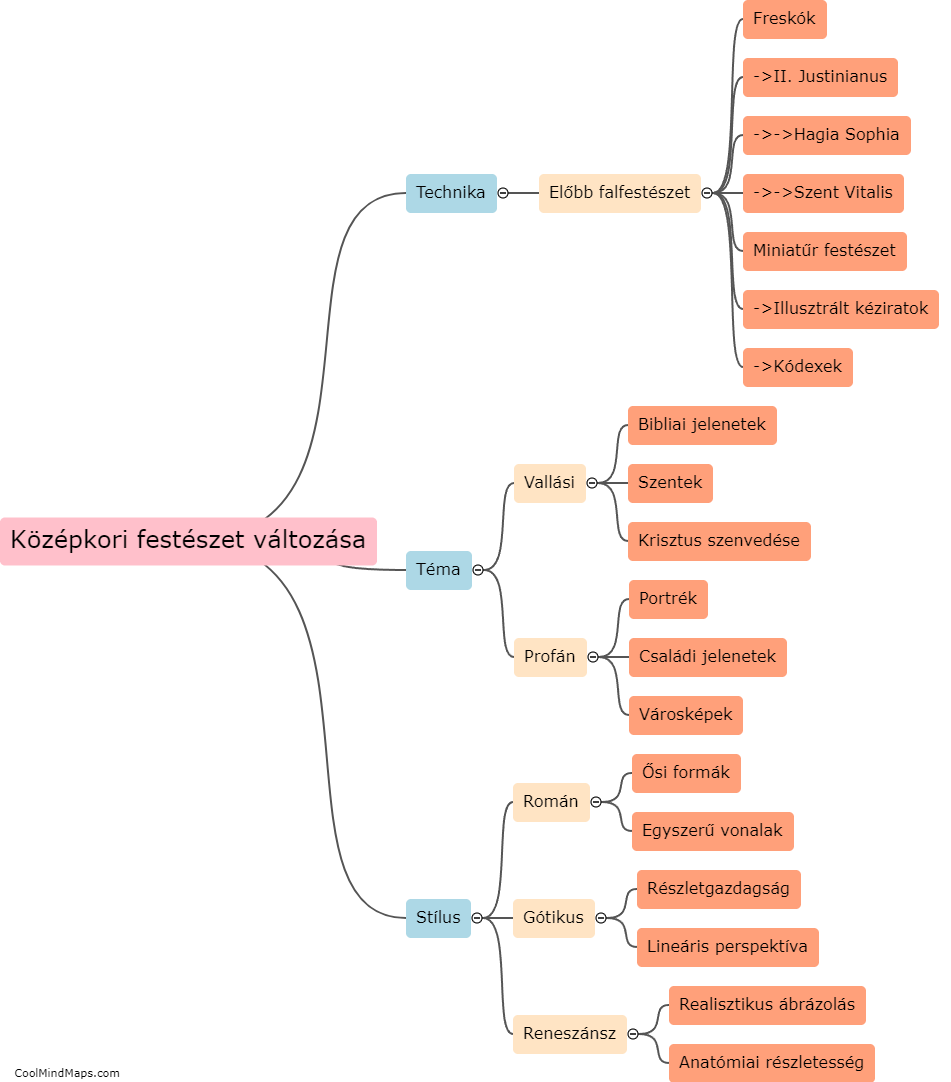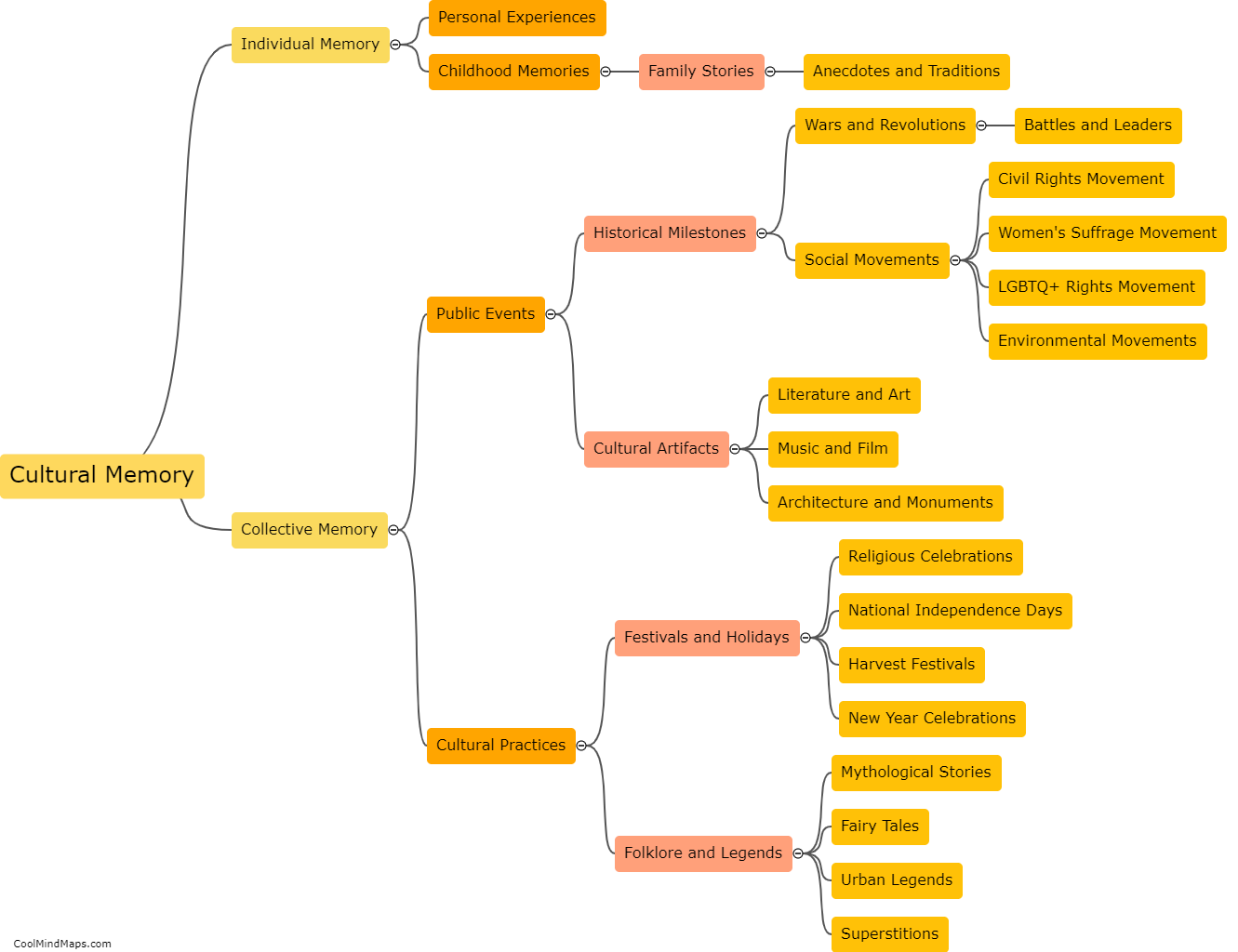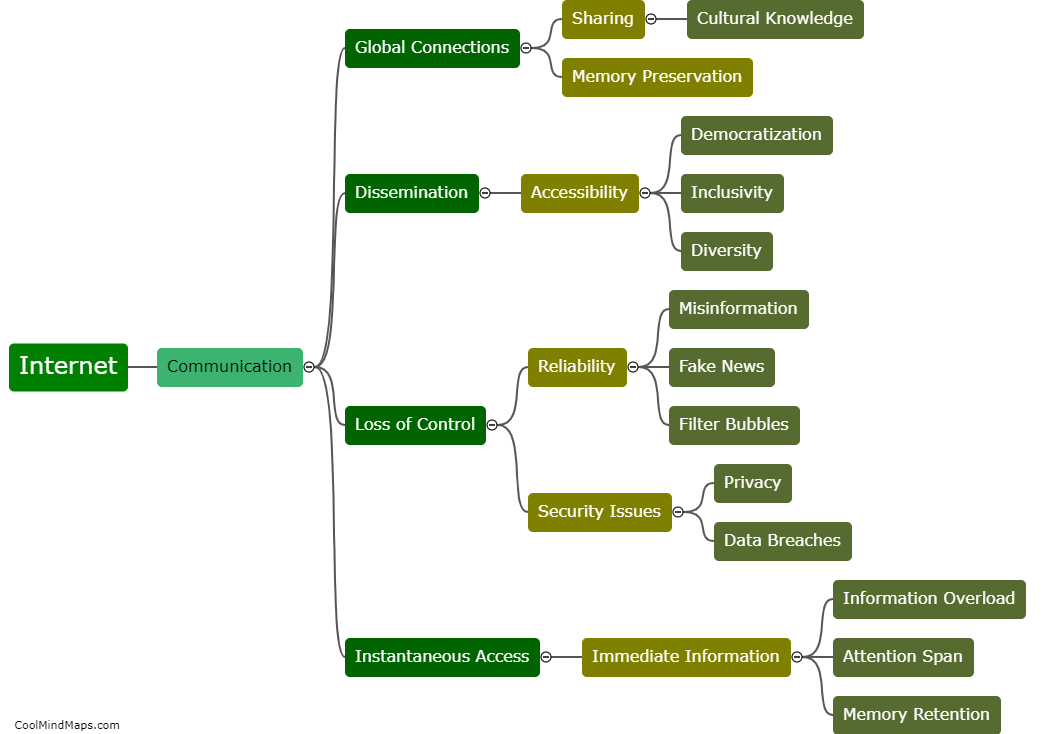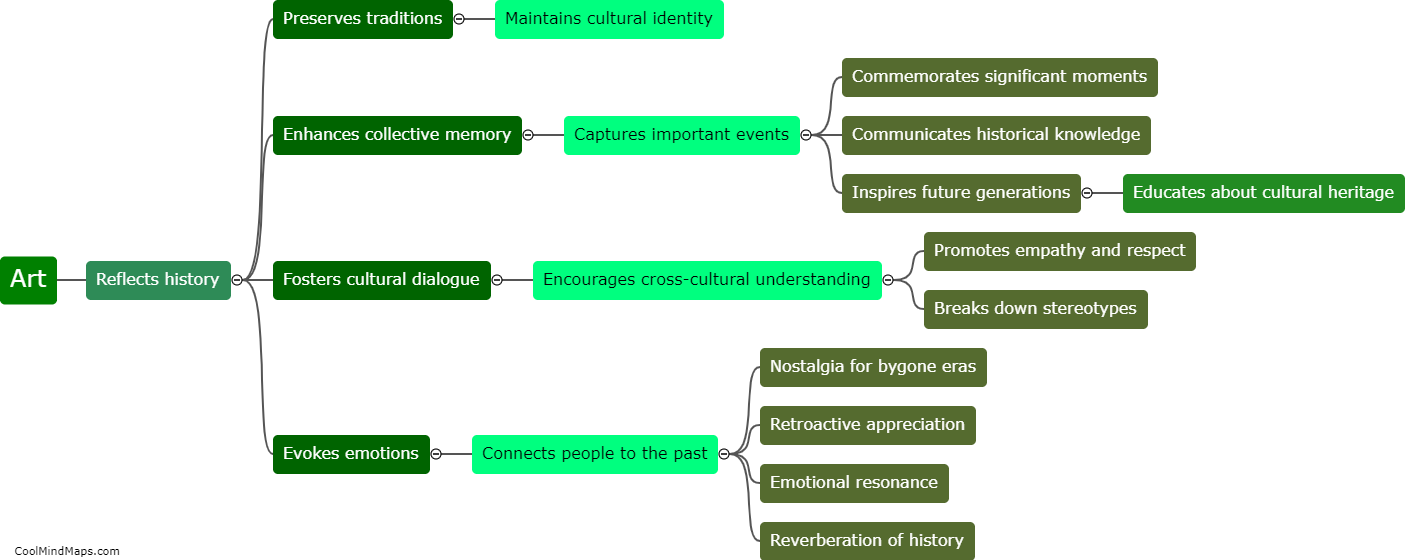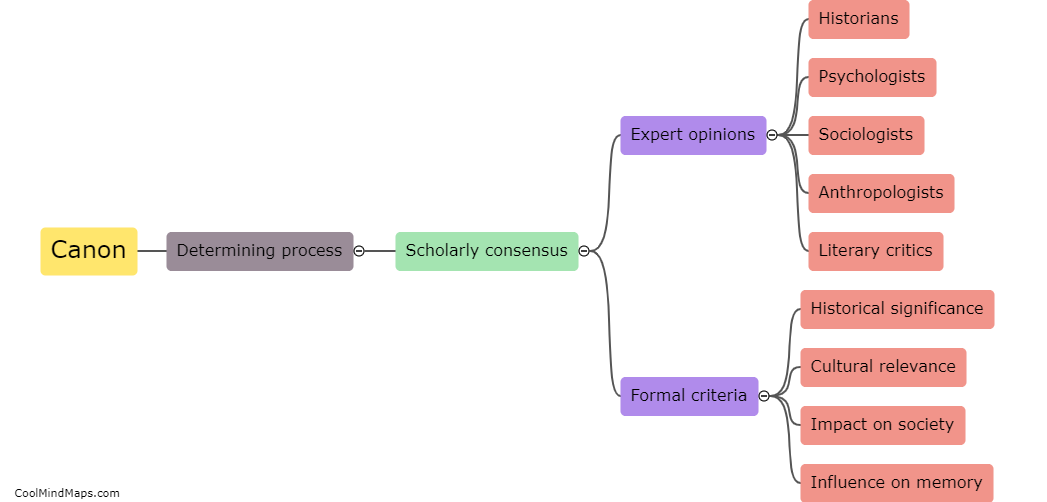What is the definition of archive in memory studies?
In the field of memory studies, an archive refers to a collection of documents, records, or artifacts that are stored and preserved for future reference and study. It is essentially a place where historical and cultural materials are organized and cataloged to assist scholars, researchers, and historians in examining and reconstructing the past. Archives can range from physical repositories, such as libraries and museums, to digital platforms or databases where electronic records and documents are stored. These collections play a crucial role in the study of memory as they provide access to original sources that enable a deeper understanding of past events, individuals, societies, and the ways in which collective memories are constructed and remembered.

This mind map was published on 23 October 2023 and has been viewed 92 times.

